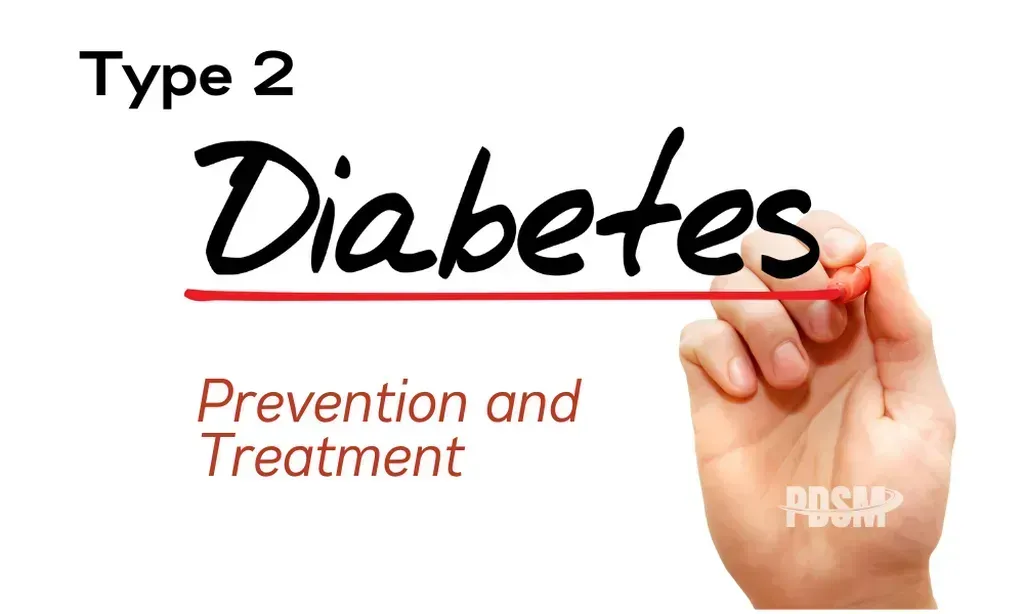Type 2 Diabetes Prevention and Treatment

Sleeping less than seven hours each night can have serious consequences on your physical health. Lack of sleep can lead to serious medical conditions such as cardiovascular disease, blood pressure, stroke, and diabetes. Read more to see if you are at risk.
You’ve probably heard that sleeping less than seven hours each night can have serious consequences on your physical health. According to a report by the Centers for Diseases Control and Prevention (CDC), more than 100 million U.S. adults are now living with diabetes or prediabetes and Type 2 Diabetes. Seven in 10 people with Type 2 Diabetes also have a sleep disorder known as Obstructive Sleep Apnea (OSA) and the number continues to climb, affecting approximately 25 million American adults.
The Link Between Type 2 Diabetes and Sleep Apnea
OSA is a dangerous condition that is characterized by episodes of complete or partial airway obstruction during sleep and can cause you to stop breathing up to hundreds of times per night. The pauses in breathing can cause both drastic changes in your oxygen levels and frequent arousals that fragment your sleep. OSA can directly alter your glucose metabolism and promotes insulin resistance.
The National Institutes of Health reports that about 80 percent of people with type 2 diabetes are overweight and since research shows that sleep loss greatly increases your risk of obesity there is a direct correlation. In addition to the clinical consequences and poor sleep quality, OSA causes daytime sleepiness, which typically results in lower energy and less desire to be active. Few people outside the sleep medicine community are aware that too little good sleep appears to be as much a factor in obesity as too much food and too little exercise.
Other causes related to diabetes that can negatively affect a good sleep routine include:
- High blood sugar levels can cause frequent urination. If your blood sugar is high at night, you could end up getting up frequently to use the bathroom.
- When your body has extra glucose, it draws water from your tissues. This can make you feel dehydrated, prompting you to get up for regular glasses of water.
- The symptoms of low blood sugar, such as shakiness, dizziness, and sweating, can affect your sleep.
How Can You Prevent Type 2 Diabetes?
Diabetes is typically treated with medications or insulin, but another important recommendation from experts is to be sure you are getting a good seven to eight hours of sleep each night. While many people can proactively improve their health by changing their diet, exercising more, and getting more sleep, the solution is a lot more challenging for people who suffer from OSA.
Thankfully, there is help available! Oral appliance therapy is an effective treatment option for snoring and obstructive sleep apnea. A custom-fit oral sleep appliance can improve your sleep, restore your alertness, and revitalize your health.
Where Can I Get an Oral Appliance?
Pennsylvania Dental Sleep Medicine can custom-fit you with an oral appliance that you wear like a retainer while sleeping. It supports the jaw in a forward position to help maintain an open upper airway. Oral appliances are comfortable, nonobtrusive, easy to wear, quiet, portable, easy to care for, and are covered by most medical insurance plans and are now being used in many cases as a first line of treatment.
- Talk with your primary care physician, ear nose, and throat doctor, pulmonologist, or any doctor with whom you are discussing your lack of sleep.
- If you and your doctor decide that oral appliance therapy is the best treatment option for you, then your primary care doctor will write a prescription for you to seek oral appliance therapy.
- Contact Pennsylvania Dental Sleep Medicine at (717) 995-3590 and schedule an appointment with Dr. Becky Fox at our Harrisburg location.
Give us a call today so that we can improve your sleep wellness and get you on the path to having more energy and feeling better!
Blog Resource:
www.aasm.org


